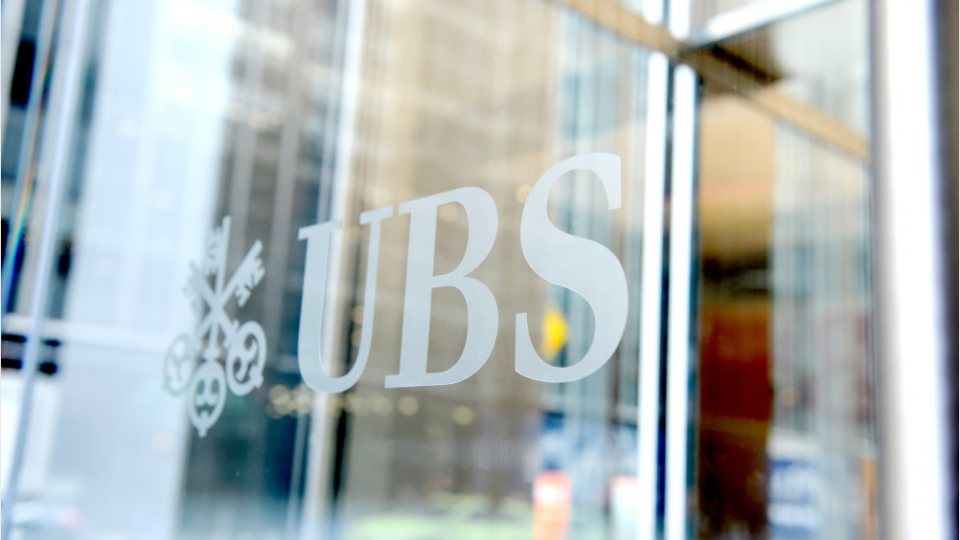
The COVID-19 pandemic caused a massive wave of de-risking across asset classes in March, including the merger arbitrage space, where spreads widened dramatically and activity slowed to a near-standstill.
The economic effects of the pandemic appear to be slowly resolving, but new deal activity remains muted. We anticipate that we may see activity and announcements increase soon as stressed companies seek relief, ample private equity capital gets put to work at more attractive valuations and strategic buyers pursue both friendly and hostile acquisitions. We continue to explore the major themes reverberating through the merger arbitrage opportunity set with weigh-in from industry experts.
Ample opportunities exist despite fewer deals
While the March decline in M&A activity approached the magnitude of the 2008 / 2009 Global Financial Crisis (GFC), both the nature of the crisis and the merger arbitrage space are different today. Bank proprietary desks were regulated away after the GFC, however banks are now quite healthy and the pandemic has had less impact on supply and credit lines.
Despite the market turmoil, transactions still closed and some new deals were announced. While mergers have extended due to COVID-19-related slowdowns, the great majority of deals in the space are proceeding. In times of crisis, it has been our experience that merger arbitrage has been among the fastest arbitrage strategies to revert to the mean after spreads widen sharply. This is due to the definitive nature of mergers. The fact that there is a contract in place helps to stabilize the deal, allowing it to migrate back to the appropriate spread level.
From an investment strategy standpoint, deal activity can act as a helpful tailwind, but a robust supply of new deals isn’t a requirement for attractive returns. Deal activity declined meaningfully after the GFC in 2009 – 2011, but at the same time O’Connor’s merger arbitrage strategy performed well, thanks to generally wider spreads, lower risk appetite in the space and low competitive capital as bank proprietary trading desks were shuttered. Today we again see reduced competition in the space as some hedge funds have decreased exposure and average spreads have widened after the market drawdown in March. We continue to actively monitor the merger arbitrage space and are well positioned to take advantage of attractive opportunities.
Recovery will spark deal activity
We anticipate activity and announcements to increase as companies under stress seek relief, ample private equity capital gets put to work at more attractive valuations, and some strategic buyers pursue hostile acquisitions.
The COVID-19 crisis may add further impetus to transactions in sectors already undergoing secular change, in particular healthcare, which has maintained a degree of activity through the downturn. The biotechnology sector is also worth watching.
The economic downturn has had an outsized impact on a number of industries including travel, hospitality, gaming and manufacturing. We anticipate that we may see a surge of deal activity as acquirers seek targets at discounted valuations, and as acquisition candidates look for partners to shore up their businesses.
Industries that have and will continue to feel a stark impact from the pandemic include travel and hospitality. Oil and gas companies will also need to act. Our canvas of market participants suggests a ‘reopening’ for M&A could soon emerge, and we hear that sentiment from others as well.
Private equity flush and looking
With the lower valuation multiples post-March we anticipate that private equity firms, with > USD 1trn in available capital, may become more opportunistic in taking advantage of targets at discounted prices versus pre-COVID-19, although increased visibility into forward earnings will be key in new deal flow. Recently we’ve seen green shoots of renewed private equity activity, as China’s 58.com agreed to a USD 8.7bn buyout offer from a consortium led by Warburg Pincus, and a separate consortium led by Providence Equity Partners acquired Spanish Telecoms provider Masmovil for USD 3.3bn.
Slow, steady activity offers opportunities
Regardless of the short term direction in deal activity, our team has managed the Merger Arbitrage portfolio though similar cycles and produced attractive returns for our investors. We anticipate that we may see activity and announce- ments increase, but in the meantime we continue to see attractive opportunities, particularly in high quality strategic deals with short-term catalysts on the horizon, and we will continue to add new positions and increase exposure where we see attractive risk / reward.
Here you'll find the full report 'Global Merger Arbitrage Outlook – Ready to deal?’ from UBS Asset Management.